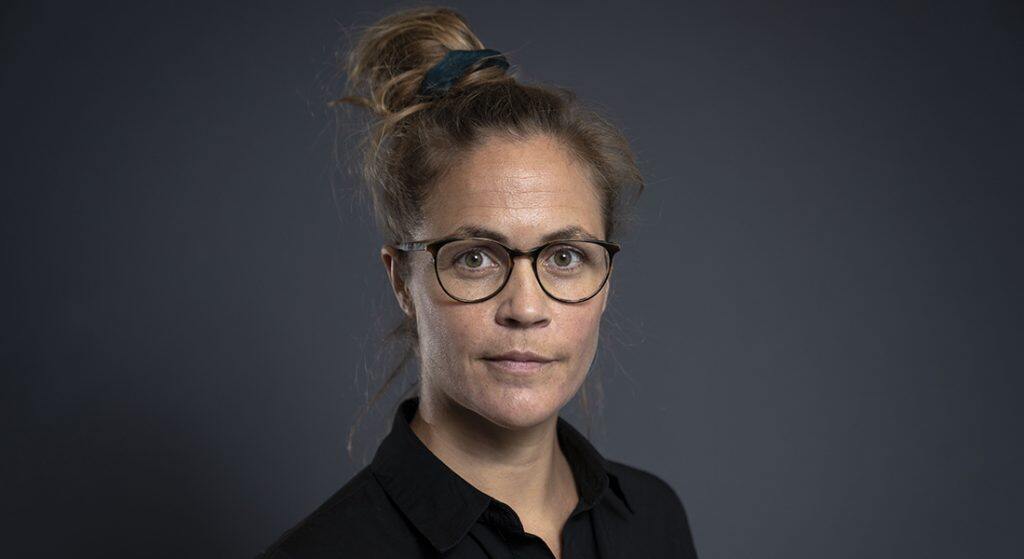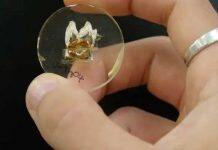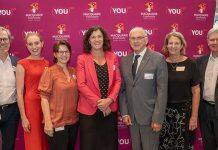Why do some societies continue to suffer from poverty, a low level of education and conflict? Religiosity may be an important part of the answer. Associate Professor Jeanet Sinding Bentzen from the Department of Economics has received the Independent Research Fund Denmark’s Sapere Aude grant for talented research leaders. She will be studying the causes of wealth differences between societies.


Some societies suffer from fewer conflicts, have a more highly educated population and experience more wealth than others. And they continue to enjoy this status while other societies continue to suffer from poverty, a low level of education and conflict.
For many years, the social sciences have pondered the fact that economic and social status differences between societies are not evened out. Associate Professor Jeanet Sinding Bentzen from the Department of Economics at the University of Denmark will use the new grant of DKK 6 million to research the connection between religion and wealth:
– My hypothesis is that religion affects people’s decisions to such an extent that it may explain differences across societies, she says. This is based on the assumption that if a human being is religious, he or she will to a certain extent observe a set of norms that were established thousands of years ago and which may well be based on e.g. traditional gender role patterns. Gender inequality may in turn affect the level of education and productivity in the country in question.
To explore this connection, Jeanet Sinding Bentzen will use a method which was not available to the world-famous sociologist Max Weber, who was probably the first to point to this causal relation more than a hundred years ago.
Earthquake – a natural experiment
In order to determine how religiosity impacts the development of a society in terms of wealth, Jeanet Sinding Bentzen will do a so-called natural experiment – a point in time where society suffers from shock. In her previous research she has found that after suffering from natural disasters societies see an increase in religiosity.
– By studying an earthquake-afflicted area we are able to isolate the effect of religiosity from other factors. We combine data for natural disasters from all over the world with data for religiosity and socio-economic factors. This will tell us how the degree of religiosity impacts the wealth of a given society, she explains. The method is used as a social science counterpart of the natural sciences’ laboratory experiment to separate cause and effect.
– The important thing, though, is that we are able to distinguish the effect of the shock on religiosity from the other effects and disasters following from the shock. For instance, we can do this by looking at neighbouring countries not affected by the disaster’, she says.
A key to knowledge about wealth
Professor and Head of the Department of Economics Christian Schultz stresses the importance of the grant:
– A research field like Jeanet Sinding Bentzen’s can help us understand the causes of wealth or the lack hereof and thus tell us more about how gender inequality impacts the development of a society. I am very pleased that she has received this grant, which supports one of our most important research areas, he says.
– The Sapere Aude grant is a unique opportunity for me to establish a research group capable of conducting world-leading research. I get a chance to head a project based in Denmark, but which builds on my international networks, says Jeanet Sinding Bentzen.
Denmark is among the least religious countries in the world, which potentially makes it the ideal place for conducting ground-breaking research within religion.
Associate Professor Jeanet Sinding Bentzen has received the Independent Research Fund Denmark’s Sapere Aude grant for talented research leaders for the research project ‘Shocking Religion: Using Natural Experiments to Quantify How Religion Impacts Society’.








































